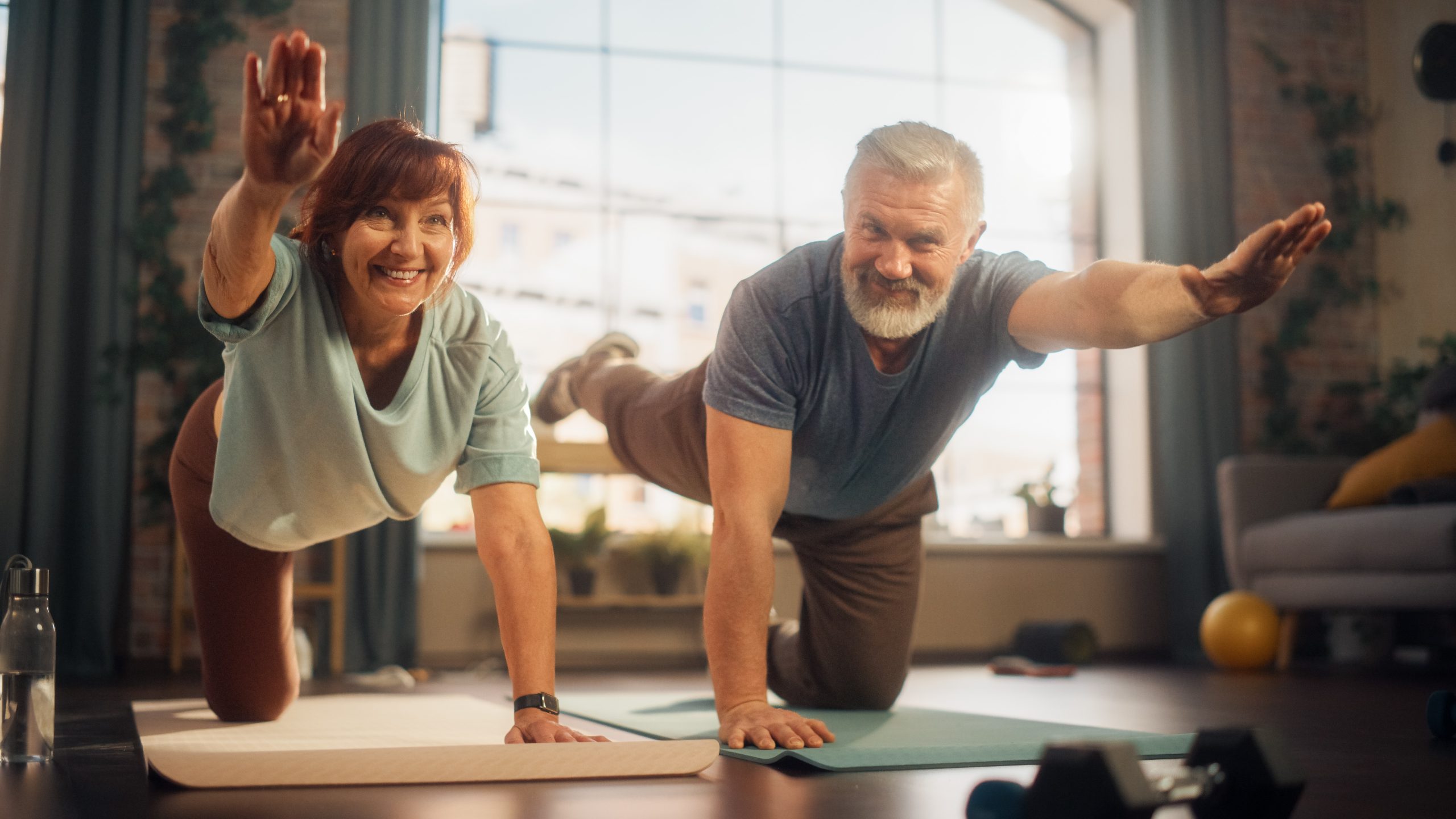Staying active as you age is essential for maintaining physical health, mental well-being, and overall quality of life. Regular exercise can help manage chronic conditions, improve mobility, and boost energy levels. However, staying motivated to exercise in your golden years can be challenging, especially when dealing with health issues, joint pain, or a slower pace of life. The key is to find exercises that are enjoyable, manageable, and beneficial for your unique needs. Here are some tips and tricks to help you stay motivated to exercise and make physical activity a lifelong habit.
1. Set Realistic Goals
One of the best ways to stay motivated is to set realistic, achievable goals that match your fitness level and abilities. Start small and gradually increase the intensity or duration of your workouts. For example, aim to take a 20-minute walk three times a week, then work up to five days a week. Setting specific, measurable goals can give you a sense of accomplishment and keep you motivated to continue.
It’s also helpful to set long-term goals that focus on maintaining your independence and improving your quality of life, such as improving balance, flexibility, or strength to make daily tasks easier.
Tip: Keep a fitness journal to track your progress. Seeing improvements over time can be incredibly motivating and help you stay on course.
2. Find Activities You Enjoy
Exercise doesn’t have to feel like a chore. The best way to stay motivated is to find activities you genuinely enjoy. Whether it’s walking, swimming, dancing, or yoga, choosing exercises that make you happy will make it easier to stick with them in the long term.
Group activities, like water aerobics or fitness classes designed for seniors, can also make exercise more fun and social. Having an exercise buddy or attending classes can give you the added motivation of companionship and accountability.
Tip: Try different activities to see what you enjoy most. You might discover new hobbies, such as tai chi or gardening, that keep you active and engaged.
3. Focus on the Benefits
It’s easy to lose motivation when you’re not seeing immediate results from your exercise routine. However, it’s important to remind yourself of the long-term benefits of staying active, especially in your golden years. Regular exercise helps manage weight, reduces the risk of heart disease, strengthens bones, and improves balance—reducing the risk of falls.
In addition to physical benefits, exercise also has mental health advantages, such as reducing stress, improving mood, and boosting cognitive function. Focusing on these positive outcomes can help you stay motivated, even on days when you don’t feel like working out.
Tip: Keep a list of the benefits of exercise somewhere visible, such as on your fridge or bathroom mirror, as a daily reminder of why staying active is important.
4. Create a Routine
Building exercise into your daily routine can help make it a habit. Set aside specific times each day or week for physical activity, whether it’s a morning stretch, an afternoon walk, or an evening yoga session. By making exercise part of your schedule, it becomes a regular part of your day rather than something you need to think about or plan.
Tip: Pair your exercise routine with another daily activity you enjoy, like listening to music or catching up on an audiobook. This can make your workouts feel less like a task and more like a treat.
5. Listen to Your Body
While staying active is essential, it’s equally important to listen to your body and adjust your routine as needed. If you’re experiencing pain, discomfort, or fatigue, modify your exercises or take a rest day to avoid injury. Gentle exercises, like stretching, walking, or chair exercises, are great options for days when you don’t feel up to more strenuous activity.
Tip: Speak with your healthcare provider before starting a new exercise routine to ensure it’s safe and appropriate for your fitness level. They can recommend exercises tailored to your needs and abilities.
6. Celebrate Small Wins
Staying motivated requires positive reinforcement. Celebrate the small wins along your fitness journey, whether it’s reaching a new milestone, improving your balance, or simply feeling more energetic. Acknowledge the effort you’re putting into your health and well-being, and treat yourself to something special when you achieve your goals.
Tip: Reward yourself with non-food treats like a new book, a massage, or a fun outing with friends. Positive reinforcement makes the process more enjoyable and keeps you excited to continue.
